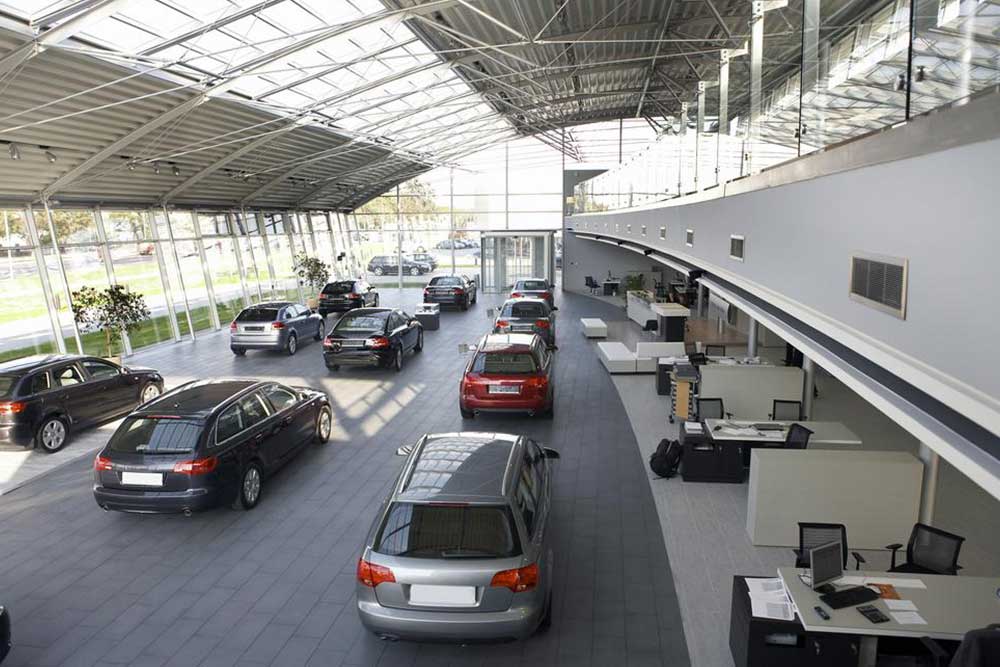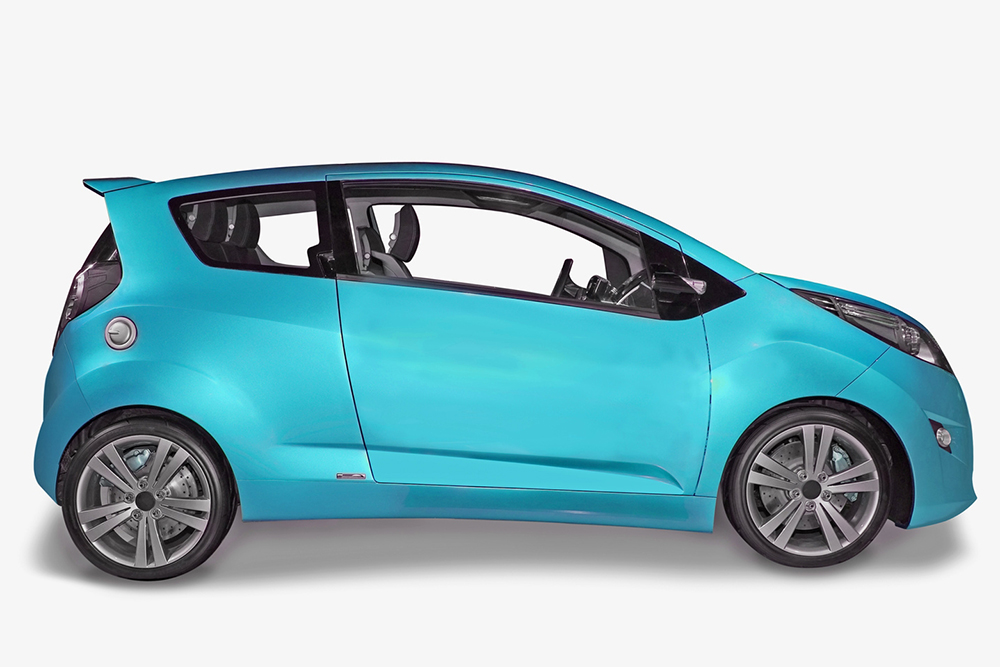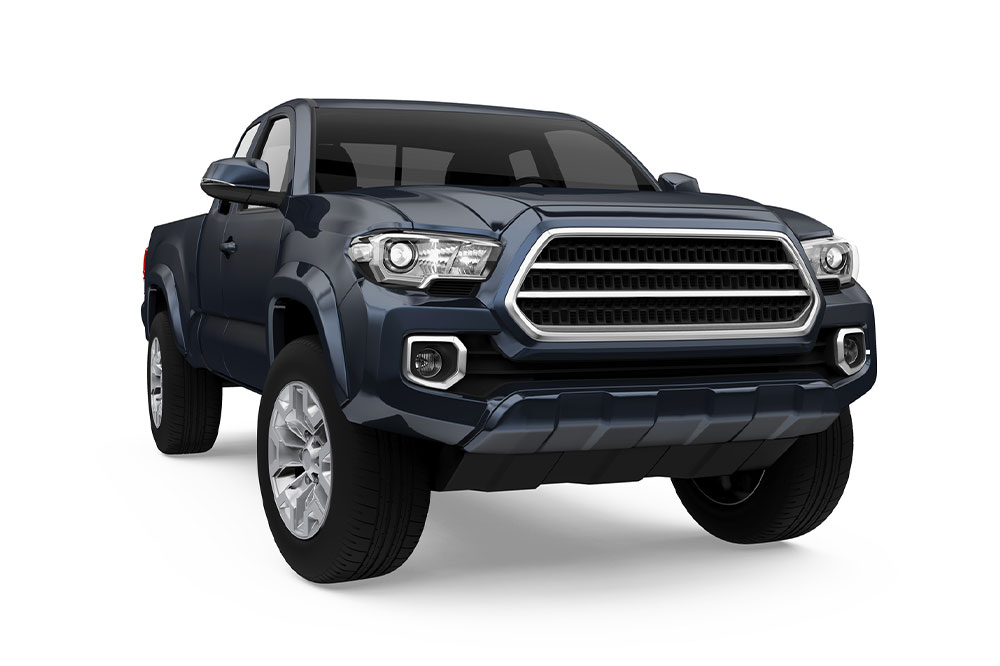Top 10 Benefits of Choosing a Used Vehicle
Discover the top 10 benefits of choosing a used vehicle, including cost savings, slower depreciation, reduced insurance premiums, and environmental benefits. This guide highlights why pre-owned cars are a smart choice for budget-conscious buyers, offering insights into certification, warranties, negotiation tips, and market trends to help make informed decisions in the automotive industry.

Top 10 Benefits of Choosing a Used Vehicle
Purchasing a brand-new car can be prohibitively expensive, with average prices reaching around $48,500 in our country. For many, this cost is a major hurdle. An effective alternative is buying a pre-owned vehicle. Although finding the right used car requires time and effort, the numerous advantages make it worthwhile, offering consumers significant savings and added value.
Lower Cost
Used cars are typically priced about half of new vehicles, making them a budget-friendly option. This enables buyers to save money and pay off auto loans sooner.
Additionally, used vehicles often come with included features like leather seats or extended warranties, eliminating extra costs. Many models also have aftermarket enhancements such as organizers, sunshades, sunroofs, and accessories, all of which are factored into the price, saving buyers hundreds of dollars.
Slower Depreciation
New cars lose value quickly, often depreciating 10-20% immediately after purchase and up to 30-40% within the first year. Choosing a used vehicle post this depreciation peak can result in substantial savings. Depreciation slows down after this period, making used cars a smarter investment.
Cheaper Insurance Premiums
Insurance costs depend largely on the vehicle's age and value. New cars tend to attract higher premiums, while used cars generally cost less to insure, helping buyers cut expenses.
Lower Dealership Fees
Typically, used car purchase fees and taxes are lower than those for new vehicles, as a consequence of reduced initial prices and tax calculations. Prospective buyers can consult their state's DMV website for specifics on licensing and registration costs.
Certified Quality and Inspections
Opting for Certified Pre-Owned (CPO) vehicles guarantees a thorough inspection covering performance, external and internal condition, mileage, service history, and more. CPO cars come with detailed history reports, ensuring transparency. Buyers should compare programs from different manufacturers for best results.
Warranty Coverage
Some used cars still carry remaining manufacturer warranties, offering savings on repairs and maintenance. CPO vehicles often include extended warranties, further reducing ongoing costs.
Reduced Registration Costs
Annual registration fees are typically lower for used cars, especially those at least three years old, translating to significant savings—sometimes around a thousand dollars depending on the state.
Negotiation Advantage
With a thriving used car market, dealerships often offer discounts to clear inventory, giving buyers room to negotiate better prices and get more value for their money.
Environmental Impact
Manufacturing new cars consumes extensive resources and contributes to environmental issues. Buying used helps reuse existing resources and reduces one’s carbon footprint, supporting eco-friendly initiatives.
Access to Extensive Reviews
Many consumers rely heavily on reviews before purchasing a new vehicle. For used cars, large amounts of documented feedback on safety, reliability, and performance are available, aiding buyers in making informed decisions.
While there are both advantages and disadvantages to buying used, the cost savings across price, fees, insurance, and warranties make pre-owned vehicles a compelling choice. Recently, used car prices have dropped, offering even better deals for consumers seeking value and reliability.










